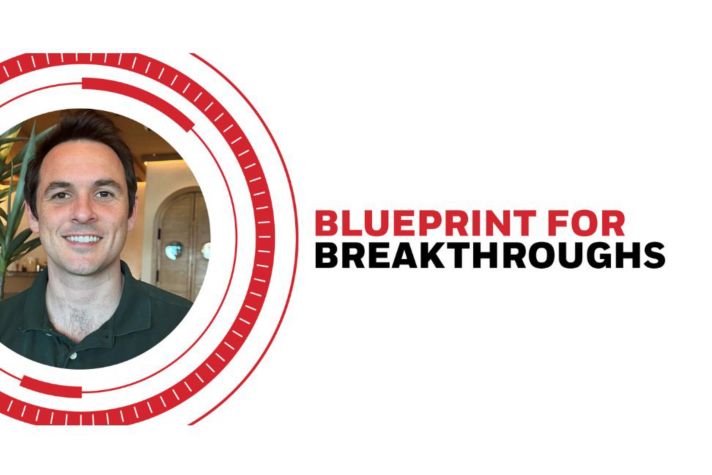-
Global
-
Africa
-
Asia Pacific
-
Europe
-
Latin America
-
Middle East
-
North America
- |
- BUSINESSES
- |
- Contact
- |
-
Global
-
Africa
-
Asia Pacific
-
Europe
-
Latin America
-
Middle East
-
North America
- |
- BUSINESSES
- |
- Contact
- |
You are browsing the product catalog for
You are viewing the overview and resources for
- News
- Meet a #futureshaper: Sema Tutucu
June 16, 2019
Sema Tutucu could be a superhero because her job is to fight the bad guys.
Not the villains of comic book fantasy, but cybersecurity threats and those who try to hack the power grid.
She’s a leader in industrial cybersecurity, protecting critical infrastructure.
“I make sure bad guys do not harm computer systems at our customer’s sites,” Sema said.
Based in Amsterdam, here is her #futureshaper story.
Did you think you’d end up in a job like you’re in now?
Cybersecurity did not exist as a focused division when I joined Honeywell back in 1998. A network security team was created close to the millennium and has grown exponentially since. I joined the team in 2010.
When you were a child, what did you want to be when you grew up?
I knew one thing for sure, where I work needs to be full of people. The more people the better. The technology passion was indoctrinated by my father who always wanted an engineer in the family.
What do you do?
I help prevent your electricity from stopping or getting interrupted, I ensure you can still drink clean water, turn the gas on and cook and fill up your car’s tank to go see friends and family. I make sure bad guys do not harm computer systems at our customer’s sites who deliver these services to you as a consumer.
What do you wish people knew about Honeywell?
It is a company with endless opportunities for existing employees and people who join the company. The variety of technology, people, cultures invites you to be creative and innovative.
How has Honeywell changed since you began working here?
I have seen the company become more global, with more dynamics built-in and connections internationally, rather than local. I am very multicultural, so the more diverse my environment is, the more I enjoy spending time in that environment.
Why is the future important?
What we know is called “history,” what we do not know is the “future.” Only the strongest, most innovative, most creative organizations will survive.
How does your job make tomorrow better and safer than today?
Every day I get questions of customers who are seeking help in improving their cybersecurity architecture. I am trying to help them with an answer that takes them to the next step in the right direction. I can be satisfied at the end of my day knowing I did everything to help prevent possible cyberattacks.
What qualities do you think a #futureshaper should have?
A #futureshaper is creative, curious and always hungry for knowledge. He or she understands the complex connected world we are living in. A #futureshaper is open to frequent changes.
If you were a fortune reader, what would you predict as the future of your industry?
When I think of cybersecurity and the future, I see many services and daily routine in our lives becoming easier. More decisions will be automated and our lives will be full of virtual assistants. The data we use for this will have risks — we will be more exposed and the information could be misused.
More wars will be fought in the cloud, without knowing your enemy, rather than on the physical battlefield.
What advice do you have for someone who wants to follow in your footsteps?
Do as many different projects as you can, be focused on possibilities and not impossibilities. Talk to people, build up a network around you where you can collect as much information as possible.
What do you for fun?
I hike and swim for fun, enjoy reading history books and history magazines.
Learn more about what it is like to be a #futureshaper.
Copyright © 2025 Honeywell International Inc.




